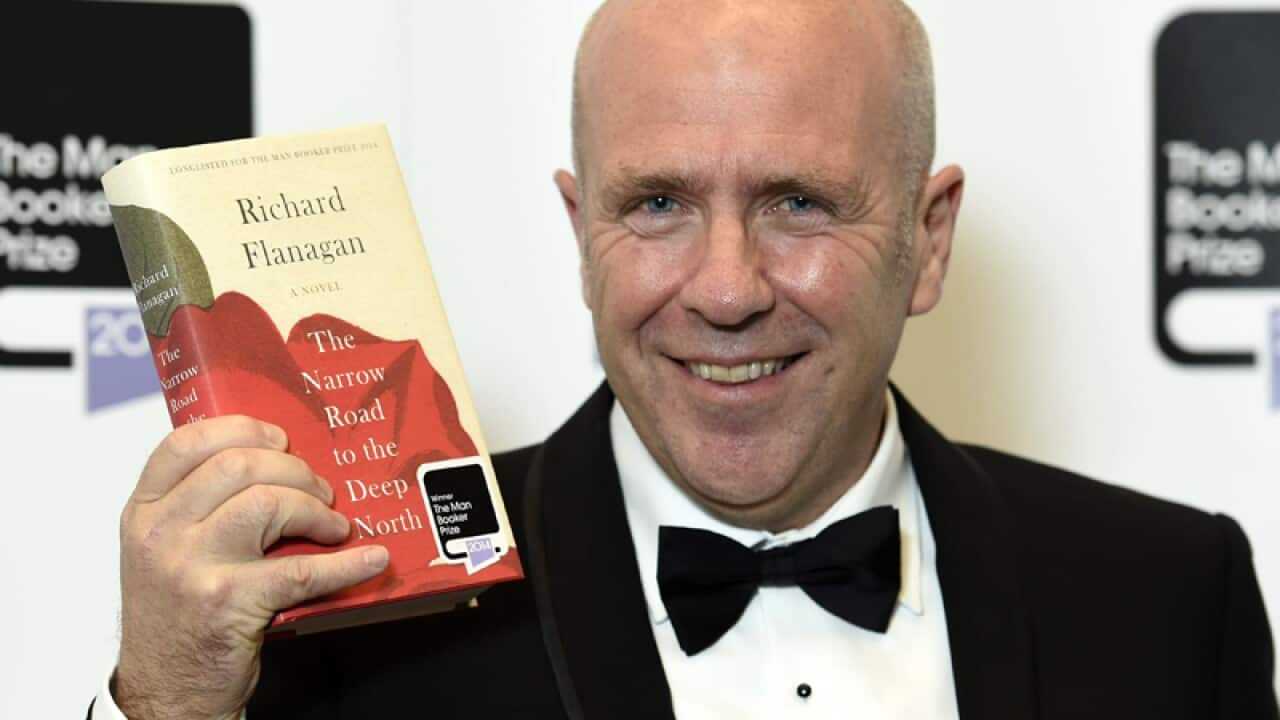Celebrated Australian writer Richard Flanagan has excoriated Australia's treatment of refugees and minorities and the use of Anzac day as a "stalking horse for racism, misogyny and anti-Islamic sentiment".
The Man-Booker prize winning author of the "The Narrow Road to the Deep North" - a book inspired by Flanagan's father's experiences as a prisoner of war in the Second World War - made the comments in an address to the National Press Club earlier this week.
In the address Flanagan singled out the treatment of Australian-Sudanese television personality Yassmin Abdel-Magied over her social media comments about Anzac Day last year as an example of how Australia's national days and myths have become a "stalking horse" for racism and Islamophobia.
"Of late Anzac Day has become enshrouded in cant and entangled in dangerous myth. If this seems overstated ponder the bigoted bile that attended in which she posted “LEST.WE.FORGET. (Manus, Nauru, Syria, Palestine ...)," he said.
"I read this as a plea for compassion drawing on the memory of a national trauma."
Flanagan said Anzac Day was an important day for his family to remember his father's fallen comrades and to ponder the horror of war more generally.
He critiqued the "state-funded cult of Anzac" where the contemporary victims of war were forgotten as a "tragic mockery" of those who lost their lives in conflict, that helped entrench official glorified state narratives of war.
"And yet as the attacks on Abdel-Magied showed, some were seeking to transform Anzac Day into a stalking horse for racism, misogyny and anti-Islamic sentiment. For hate, intolerance and bigotry. For all those very forces that create war," he said.
"The great disrespect to Anzac Day wasn’t the original tweet but the perverted attacks made on it, in, of all things, the name of the dead. Those who think they honour Anzac Day by forgetting contemporary victims of war only serve to make a tragic mockery of all that it should be."
Abdel-Magied expressed support for the comments in a tweet.
It was a sentiment echoed by other users of the social media platform, including prominent human rights lawyer Julian Burnside.
The National Press Club established by journalists in Canberra hosts the televised weekly address with speakers from the arts, academic and business worlds addressing journalists, politicians and policy makers on contemporary issues.


